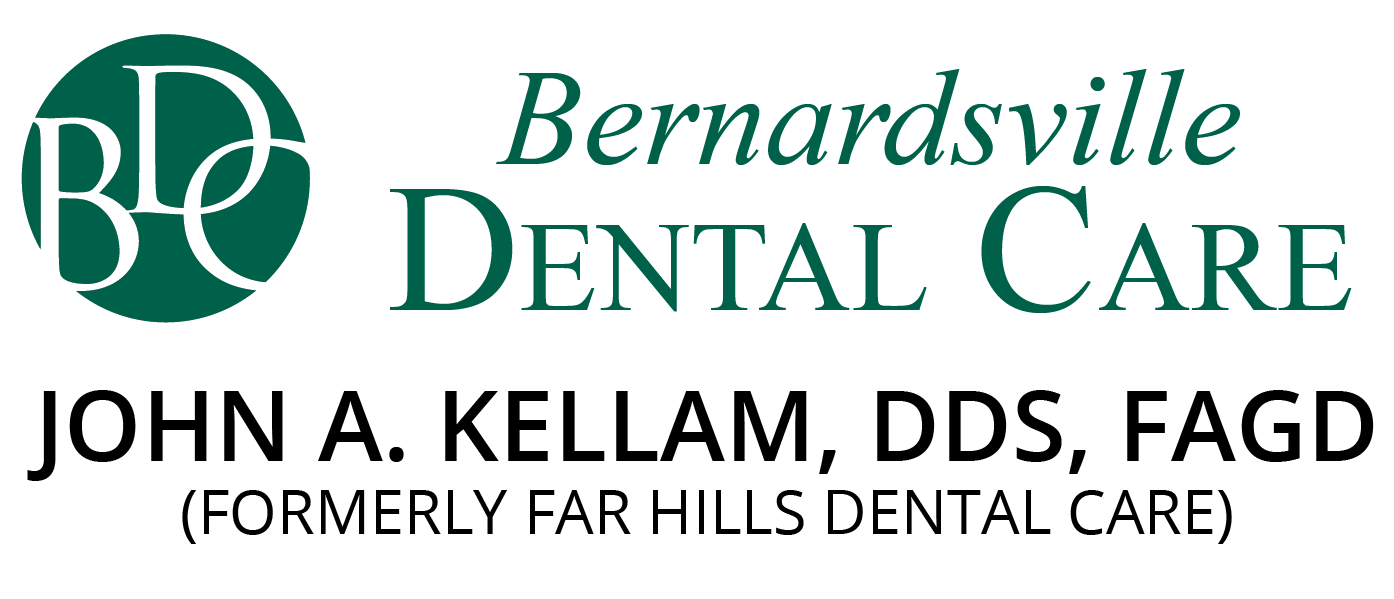Implants – What They Are and Why They Are Important
According to the American Dental Association, few advances in dentistry are as important as the dental implant. Implants act as artificial substitutes for the natural root and can be placed within the jawbone as a support mechanism for replaced teeth. Implants are extraordinarily reliable, giving dentists one of the most effective tools for natural tooth replacement. They can be used to replace a single tooth, several consecutive teeth, or an entire arch. Their close resemblance to natural teeth has led them to become a popular choice for both dentist and patient. A missing tooth should be addressed, not just for aesthetic purposes, but for health reasons as well. Gaps create a haven for encroaching bacteria, increasing the risk for gingivitis and other oral diseases. The jawbone relies on the teeth for proper alignment. When a tooth goes missing, the jawbone responds with eventual deterioration. This can lead to facial sagging, something most patients are keen to avoid. Finally, missing teeth can have an adverse effect on the patient’s bite, creating a misalignment that can lead to permanent discomfort.
Individual and Multiple Implants
One of the most exciting aspects of dental implants is their versatility. A patient missing only one tooth has the option of choosing an individual dental implant. At the same time, patients with several consecutive missing teeth can benefit from strategic implants that support a bridge. Even patients who have lost all of their teeth have the option of choosing full bridges or fixed dentures, both of which can be supported with a number of dental implants.
Implants vs. Conventional Dentures
Implants enjoy a number of benefits over traditional bridges and dentures. Because implants are fixed into the bone, they provide a higher level of stability and reliability. Without this stability, patients often experience uncertainty and low confidence with other tooth replacement alternatives e.g. dentures, partials, and bridges. Implants can remove this uncertainty from the equation, providing the patient with teeth, which, while artificial, look and act more like natural teeth. Biting potential is increased, sliding is no longer an issue, and the jawbone’s integrity is retained.
Caring For Dental Implants
The transition to dental implants is usually an easy one. Unlike removable dentures, dental implants can be cared for in much the same way as regular teeth. Brushing, flossing, and regular checkups are essential to their care. Like natural teeth, you can improve their lifespan by practicing good general oral healthcare habits.
Our Implant Services
At Bernardsville Dental Care, we’re proud to offer a wide range of dental implant services to our patients. We are in the unique position of having an experienced Periodontist on staff in our office. Dr. Gordon and Dr. Kellam work together closely as a team to provide each of our patients with exceptional results. Dr. Barry Gordon has extensive training and many years of experience in dental implant surgery and bone grafting techniques. Dr. Kellam completed a 2 year hospital-based implantology fellowship at the Hospital Center at Orange in Orange, NJ. Dr. Kellam has over 29 years of experience and has also attended hundreds of hours of continuing education in dental implants. This means you will not have to travel to multiple offices to receive the best treatment in dental implants today.
Our services include:
- Sinus Lift Augmentation – One of the more insidious effects of upper back tooth loss is the enlargement of the sinuses. A larger sinus cavity will eat into the bone, removing important jaw space needed for a replacement implant. With a sinus lift, that cavity can be restored to its original size. Additionally, a surgical graft can replace the bone lost through sinus enlargement. Dental implants can be placed into the new bone following only six months of healing time.
- Autogenous Bone Grafting – A dental implant may not be possible owing to a lack of sufficient bone quantity. To work properly, implants require strong, ample bone into which they can adhere. If there is insufficient bone, it may be necessary to use bone from another area of the face and graft it onto the lacking area. The best choices for this extra bone are often found in either the chin or the back of the jaw.
- Implant Site Development – Teeth that are lost or pulled owing to infection often leave an area of lost bone in their wake. Should the patient wish to replace that tooth with a dental implant, bone grafting may be the solution. It is often advisable to perform these grafts at the time the tooth is extracted, setting up a foundation upon which a dental implant can later be placed.
- Computer-Enhanced Treatment Planning – We have specialized software (dental CT scan) which provides both patient and practitioner with a clear and thorough picture of your proposed treatment area. With this software we are able to view a 3D picture of your scan and evaluate placement options from the standpoint of bone quality, quantity, and location. This kind of advanced treatment planning provides us with the best path toward ideal dental implant results.
- Implant Maintenance – Once you’ve had your dental implant restoration done, it is essential that your treatment area be kept clean and free of infection. As with natural teeth, dental implants last longer when treated to regular checkups, plaque removal, and professional cleanings. We can provide the kind of implant maintenance that will serve your new teeth best for the long term. Serving Bernardsville, Basking Ridge, Far Hills, Mendham, Bedminster, & Morristown, NJ.

